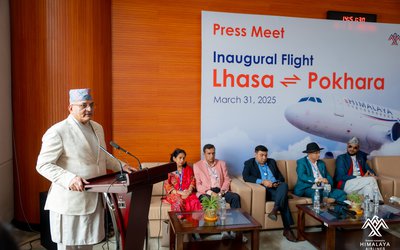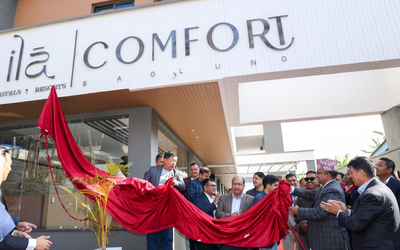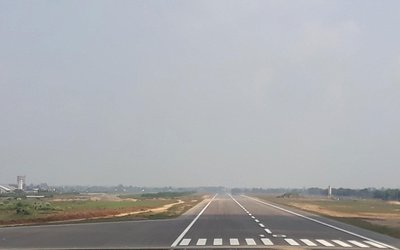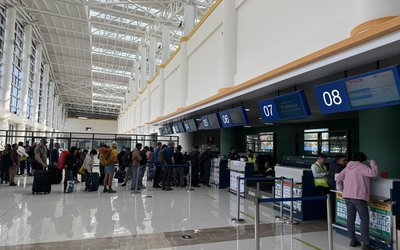More on Tourism





When tourists arrive in Nepal, the first place they end up visiting is the tourist capital, Thamel, in Kathmandu. The general feel about that place is usually not that positive: besides the great food, nice
hotels and lively nightlife, Thamel is also doomed with a lot of traffic, pollution and a lot of the same shops.
But in a way, that captures the general feel of a lot of capitals around the world. Although it is striking how there is an overload of the same type of shops in Thamel. Every gift shop is selling the exact same thing. When you see that phenomenon from a western point of view you start questioning why self-employed people don’t try to find a niche in the market. They could then offer something to the customer that their neighbor isn’t already selling, and have a better path of business in the long run.
In the search for an explanation, a lot of aspects come to light. In general it can be captured by the predominant way of thinking influenced by a lack of education and a long history of ‘thinking inside the box’.
Since the Rana regime was broken down in 1951, the borders of Nepal were open for tourists. Tourism became the new way of making a living, and a lot of people jumped on that train. Sadly, the train is overloaded with the same concepts.
When starting a business, you first examine the competition, the western capitalist vision is to distinguish yourself from that market by offering a new and unique concept. This includes taking a risk. Since most Nepali people don’t have the savings to take the jump into the unknown, they will just copy the existing market. ‘If that shop is still there, it will work, and it might also work for me.’ That then leads to four of the same shops next to each other, which makes the struggle to survive a lot harder.
The goal of the working people of Nepal is not necessarily making a lot of money, but to fulfill the basic needs for that day. Is there food on the table or not? The Nepali society does not leave a lot of space for ‘climbing the ladder’, as they are still stuck in the caste system. This leads to a feeling of fatalism, which shows in their business decisions. Although the skills are there, for example, wood craftsmanship, everyone who makes the wooden masks delivers the same final result. The drive to develop something new is just not alive. Hopefully the Tourism Year will bring not only one million tourists, but also a deeper understanding of the tourism trade. Consequently, having the drive to think outside the box could be the first step towards a more comfortable and self-fulfilling life.
(Elien Van Hee is from Belgium)





